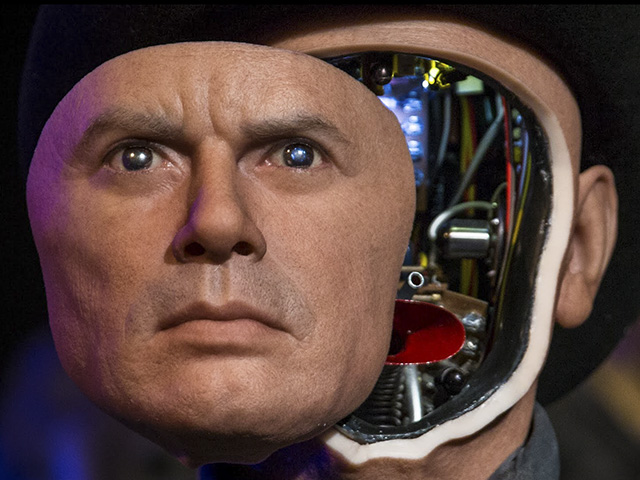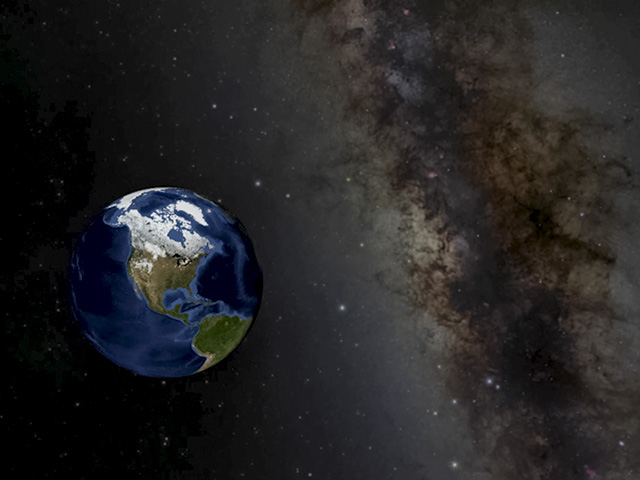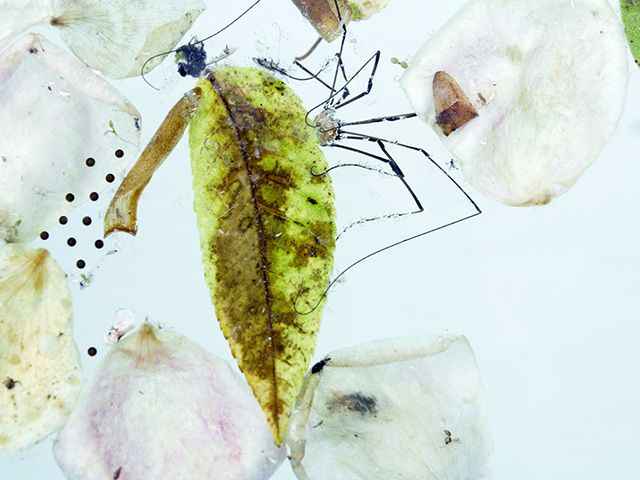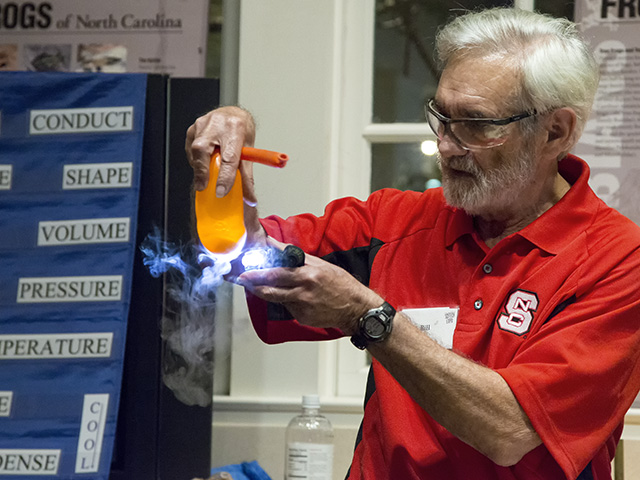
Boy, do we have a vacation for you … Museum shows original “Westworld” April 28
April 21, 2017
RALEIGH, N.C. — Welcome to Westworld, the ultimate resort. Where vacationers can live out their every fantasy in worlds of the past, maintained by reliable computer technology and peopled by lifelike robot men and women. And where nothing can possibly go worng … until a rogue robot gunslinger decides it’s time to turn the tables…. Read More >

Museum gives tour of our dynamic planet, followed by outdoor star party
April 11, 2017
RALEIGH, N.C. — Celebrate Earth Day early with a visually compelling tour of our dynamic planet when the North Carolina Museum of Natural Sciences hosts a live presentation featuring new NASA-funded real-time visualization software called OpenSpace, on Friday, April 21, 7 p.m. in the SECU Daily Planet Theater. Following the presentation, visit the Museum’s outdoor facility for a… Read More >

“RACE: Are We So Different?” Explores Reality – and Unreality – of Race
April 6, 2017
Award-winning exhibition opens April 22 at N.C. Museum of Natural Sciences RALEIGH, N.C. – It’s a simple truth. People are different. Throughout history, these differences have been a source of community strength and personal identity. They have also been the basis for discrimination and oppression. Today, contemporary scientific understanding of human variation is beginning to… Read More >

“Stilled Life,” photography by Karen Bell, Friday, March 31 through April 30 at the Nature Art Gallery
March 28, 2017
The North Carolina Museum of Natural Sciences’ Nature Art Gallery presents “Stilled Life,” photography by Karen Bell, Friday, March 31 through April 30. A reception will be held in honor of the photographer on Saturday, April 1, from 2 to 4 p.m. inside the Gallery. Bell has been exploring natural curiosities – dead birds, feathers, insects,… Read More >

Robot basketball among innovations showcased at Triangle SciTech Expo, April 8
March 27, 2017
RALEIGH, N.C. — Would you like to control a basketball-playing robot on a drive to the hoop? Use forensic science to solve the age-old question, “who’s your mummy?” Or help rebuild downtown Raleigh out of LEGOS? You can, when the North Carolina Museum of Natural Sciences hosts Triangle SciTech Expo, Saturday, April 8, 9 a.m…. Read More >

